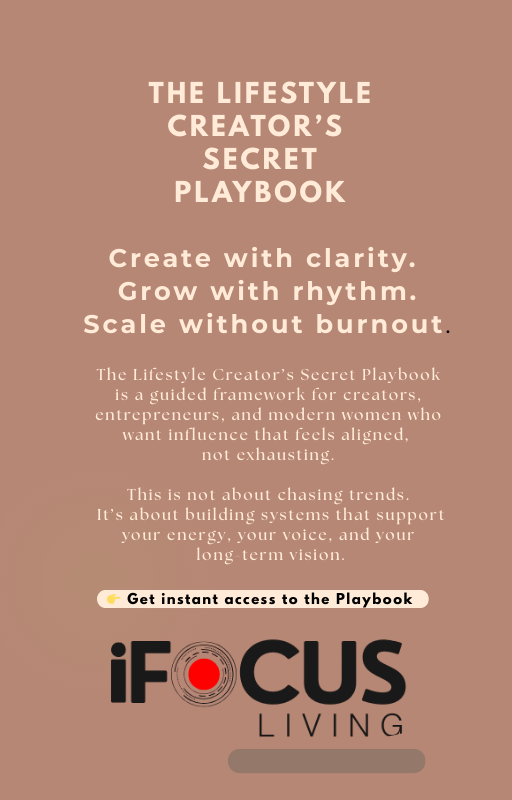We’re taught to zip our lips, keep it classy, and never talk behind someone’s back. But what if everything you thought about gossip was wrong?

New research in psychology and behavioral science reveals a surprising truth: gossip — when done mindfully — can actually be good for your mental health. Yup, you read that right.
The act that’s long been labeled petty, toxic, or drama-filled might just be therapeutic.
Let’s explore why the right kind of gossip might help you feel more connected, grounded, and emotionally regulated — and when it crosses the line into self-sabotage.
What Is Gossip Really? More Than Just Tea and Talk

We tend to think of gossip as idle chatter or rumor-spreading. But in its rawest form, gossip is human storytelling — a way we make sense of the world and relate to each other.
According to leading psychologists, gossip isn’t just about other people. It’s about processing our own emotions, building social bonds, and gaining clarity in confusing situations.
In fact, some of the most emotionally intelligent people gossip — not to tear others down, but to understand behaviors, set boundaries, and process social dynamics.
“Talking through experiences involving others helps us reflect on our own values,” says one clinical psychologist. “It can increase empathy, reduce stress, and promote social connection.”
7 Surprising Mental Health Benefits of Healthy Gossiping
If you’ve ever vented to a friend and walked away feeling lighter, you’ve experienced the healing side of gossip. Here’s what it can actually do for your mind and mood:
1. Emotional Processing
Talking about how someone made you feel — especially in emotionally charged moments — can help you sort through complex emotions and prevent impulsive reactions.
2. Stress Reduction
Gossiping with a trusted friend can act like a mini therapy session. It reduces the emotional load and lets your brain breathe.
3. Increased Empathy
When gossip includes context (like someone struggling with family or burnout), it can lead to compassion instead of judgment.
4. Social Bonding
Exchanging personal stories fosters intimacy. Sharing (and receiving) confidential info can increase trust — when done with care.
5. Moral Alignment
Gossip often includes subtle conversations about right and wrong. These talks can help us define personal values and set boundaries.
6. Pattern Recognition
Ever heard the same complaint about someone from different people? That’s social data. Gossip can alert you to toxic patterns before they impact you directly.
7. Feeling Seen and Validated
Sometimes, just hearing “You’re not crazy, I noticed it too” can calm your nervous system and remind you that you’re not alone.
When Gossip Turns Toxic: The Warning Signs

Let’s be real — not all gossip is healing. Sometimes it’s mean-spirited, repetitive, or rooted in jealousy. And that kind? It’s a fast track to stress, isolation, and broken trust.
Here’s when gossip goes from therapeutic to toxic:
- 🔴 You’re spreading rumors without knowing the facts
- 🔴 It’s constant — and always negative
- 🔴 The goal is to hurt, shame, or exclude
- 🔴 It makes you feel drained, not better
- 🔴 People stop trusting you
Over time, toxic gossip leads to higher cortisol levels, emotional burnout, and social anxiety. So if you’re constantly feeding on drama, your mental health could be paying the price.
Workplace Gossip: Harmless Banter or Culture Killer?
Gossip in the office is almost inevitable — but it can also be dangerous. Studies show:

- 📉 58% of employees witness gossip weekly
- 😬 47% say it creates tension and distrust
- 🚫 43% have been targets of workplace gossip
- 😐 20% admitted to spreading gossip that turned out to be false
That means nearly half of your coworkers may be actively avoiding opening up — and the impact on team morale, productivity, and company culture is major.
In burnout-prone workplaces, gossip often becomes a substitute for communication, clarity, and transparency — but it doesn’t solve the root problem. It just adds fuel.
So, Should You Gossip or Not? Here’s the Real Deal
Gossip isn’t good or bad. It’s a tool. How you use it determines the impact.
Here’s your guide to healthy, conscious gossiping:
✅ Vent, don’t vilify
Talk about how you feel — not how awful someone is.
✅ Stick to facts, not fantasy
Avoid exaggeration, especially when it affects reputations.
✅ Keep it in the circle of trust
Your bestie? Fair. A random coworker? Maybe not.
✅ Ask yourself why you’re sharing
Is it connection? Clarity? Or control?
✅ End with empathy
Even when you’re upset — especially when you’re upset.
Final Word: Gossip Can Heal or Harm — You Get to Choose
We gossip because we’re human. It’s wired into us. The key is to gossip with intention, emotional intelligence, and awareness.
Use it to connect. Use it to grow. Use it to understand.
And when in doubt?
Say less, sip more. 🍵
💬 Ready to redefine gossip on your own terms? Share this with your tea partner and let’s start spilling smart.






